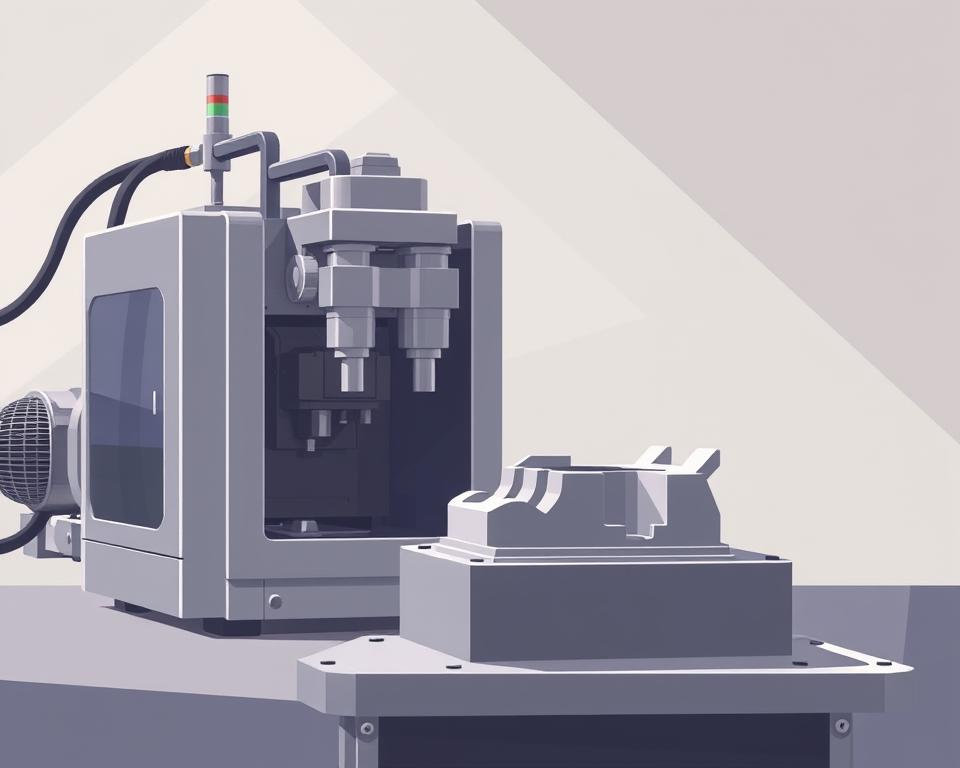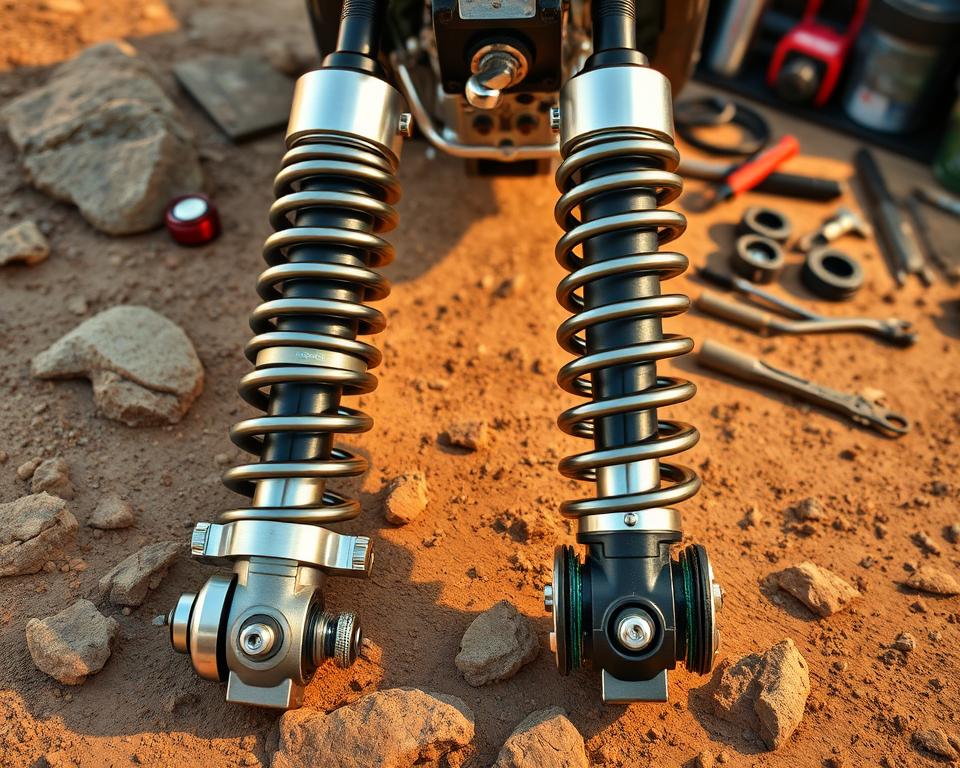Check out High Class Female Strippers in Big Bear
Imagine stepping into a space where glittering lights and modern elegance merge. All aspects speak of refinement. Sound familiar from past nights out? Big Bear’s nightlife has progressed, leaving behind bright neon and tacky surfaces. Do you know what’s new?
Kamasutra Club has been setting the standard for sophistication in gentlemen’s entertainment for over two decades. This isn’t your typical lap-dance joint with bargain beers. Instead, enjoy velvet-rope VIP sections, glittering champagne towers, and private booths complete with stripper near me.
Each booth includes a mixologist creating hotel-quality drinks. Why are these nights so exceptional? It’s the artistry in each act, fusing modern dance with timeless burlesque allure. The discretion of hosts who know exactly how you like your drink. The thrill of celebrations where bottle service includes personalized mixology consultations.
Uncover how Big Bear’s affluent nightlife seekers enjoy sophisticated adult entertainment. From milestone celebrations to memorable nights out, see why “ordinary” just won’t cut it after these elevated evenings.
The Unique Appeal of Big Bear’s High-End Stripper Scene
In many parts of Big Bear, adult nights out are standard. However, the upscale gentlemen’s clubs in Big Bear provide elevated experiences. They fuse fantasy and elite service, expanding the boundaries of luxurious exotic shows.

Raising the Bar in Adult Entertainment
These elite dancers combine Cirque du Soleil innovation with tailored hospitality. At venues like Kamasutra, they receive rigorous instruction in acrobatic pole work and roleplay. It’s a world away from standard club nights.
Hallmarks of Elite Exotic Performers
- Tailored routines fusing burlesque with modern dance
- Polyglot hosts serving a global audience
- Approved body art kits for participatory performances
“Our lesbian VIP shows beat bachelor party sales 3-to-1 – it’s the Big Bear edge.”
Comparison With Regular Strip Club Experiences
These clubs are worlds apart from direct-contact lounges or Vegas tourist haunts. They focus on emotional connections. Think of tarot readings paired with shows, unlike mere pay-per-song routines.
Exclusive Perks of Luxury Adult Venues
Establishments like Chez Paree dedicate over $500K yearly to protective measures. That spending shows in every detail of their operation.
Private Suites with VIP Bottling
Crystal suite bundles feature:
- Dedicated sommeliers matching Dom Pérignon to your show
- Biometric-entry soundproof lounges
- Understated charges classified as event consulting
Security Standards Worth of Celebrities
The bouncers transcend the typical tough-guy image. They hire ex-Secret Service personnel adept in:
- Electromagnetic signal blocking
- Flash-blocking illumination systems
- Rapid evacuation plans
Big Bear’s Top Five Luxury Strip Clubs
Luxurious hotspots define the exclusive nightlife of Big Bear. Here are five leading clubs marrying artistry and opulence. Each offers unique features that improve the concept of upscale entertainment.
1. Velvet Lounge: Boutique Erotic Experiences
This venue offers an intimate setting with candlelit ambiance and personalized performances. Inspired by Filmores VIP in Big Bear, it prioritizes seclusion and bespoke experiences.
Signature Fizz Room Features
- Intimate alcoves featuring customizable lighting
- Chilled Dom Pérignon served in custom crystal flutes
- Personal dance sessions priced from $25 per track
Notable performer specialties
These artists specialize in polished striptease routines. They dazzle with acts like “Jazz Age Seduction” and “Modern Ballet Fusion.” Multiple dancers blend aerial silks or modern dance for added drama.
2. The Gilded Cage – New-Age Burlesque
It revives cabaret with a contemporary edge, drawing from Kamasutra. It focuses on storytelling through movement.
Schedule of Themed Evenings
- Wednesdays: 1920s speakeasy nights with live jazz
- Saturdays: Neon-lit future-themed acts
- Monthly: Featured artist nights each month
Costume Craftsmanship Highlights
Each costume sports hand-set Swarovski crystals and handcrafted leather. Broadway designers help craft costumes worth up to $8K each.
3. Diamond Dollhouse – Members-Only Luxury
Entry by invite for a high-society hire bachelorette party strippers near me ambiance. Echoing Zanzibar Tavern’s membership, but with contemporary luxuries.
Membership Levels & Perks
- Silver Tier: Priority seats plus two free beverages ($500/month)
- Gold Tier: Access behind the scenes & seasonal private gatherings ($1,200/month)
- Platinum Tier: Personalized show commissions plus 24/7 concierge ($3,000/mo)
Private Event Services
Its soundproof suites suit corporate occasions and bachelor celebrations. Packages feature assigned talent and fine catering for discreet indulgence.
Arranging Private Shows with Elite Talent
To arrange an exclusive private show with top talent, you need insider tips and planning. From bachelor bashes to corporate receptions, understanding the booking steps guarantees satisfaction.
Verified Booking Channels
Established agencies provide the most secure route to top-tier adult shows. Collaborators like Connected Montreal supply approved portfolios and coordinate logistics. They arrange venues and transport, including Kamasutra’s limo services.
Premier Booking Agencies in Big Bear
- Pre-vetted entertainers with professional portfolios
- Confidential contract handling and NDAs
- End-to-end packages covering permits and safety
Cautionary Signals in Private Ads
Be cautious of these red flags when looking at direct offers:
- Demands for total cash upfront
- Ambiguous performance clauses & missing cancellation terms
- Profiles lacking agency verification badges
“Our customers value our unwavering discretion – encrypted chats to alias billing.”
Planning Your Ultimate Private Event
Elite adult venues in Big Bear provide highly customized experiences. Patrons commonly choose themed soirées with vibrant performances.
Favourite Bachelor Party Themes
- Casino Royale: Bond-themed drinks and aerial performances
- Neon Noir: ’80s neon aesthetics and glow-in-the-dark acts
- Masquerade: Venetian-styled interactive roleplay
Ideal Duration-Pricing Mix
Most groups find these combinations offer great value:
| Experience Length | Average Cost | Recommended For |
|---|---|---|
| 90-minute sessions | $1200–$2500 | Cozy parties (6–10 attendees) |
| Three-hour events | $3800–$5000 | Big groups and multiple acts |
Etiquette for Luxury Adult Entertainment
Entering upscale adult venues demands cultural savvy and meticulous attention. Exploring both modern clubs and upscale lounges, familiarizing yourself with customs is crucial. This ensures smooth interactions with premier erotic artists and other guests.
Attire Guidelines for Elite Venues
Club Attire Rules
Each upscale club enforces unique dress rules. Cocktail attire is a must at Club Paradise after 9 PM; Brass Rail VIP enforces collared shirts. Be sure to confirm:
- Fashion levels (casual-elegant through black-tie optional)
- Shoe policies (no trainers at Diamond Dollhouse)
- Seasonal attire tweaks (linen in summer, formal in winter)
How to Engage with Performers
Follow boundary rules with premier erotic artists. These stage acts have a “tips optional” rule, in contrast to others’ “tips encouraged” style. Bear in mind:
- Always wait for an invitation before approaching performers
- Obey location-specific touch guidelines (wrist-to-shoulder at Velvet Lounge)
- Use proper titles unless the venue indicates otherwise
Understanding Tipping in Luxury Clubs
Standard vs Premium Service Rates
Tipping for private sets varies with performer expertise. Regular performers get $20–$50 a song; premier erotic artists can command $100–$300 for custom acts. Big Bear’s Gilded Cage advises:
“Align your gratuity with the show’s exclusivity – unique acts merit top tips.”
Confidential Transaction Methods
Upscale venues emphasize payment confidentiality. Popular payment methods include:
- Encrypted e-wallets (e.g., Brass Rail’s VenuePay)
- Membership cards with preloaded credits
- Private cash envelopes alongside menus
Stage shows without cash ease transactions; VIP areas allow crypto through encrypted kiosks.
Cost vs Value Explained
Effective planning hinges on understanding the costs and embedded benefits. Venues that offer sophisticated burlesque shows balance high rates with exclusive upgrades. That way, every penny you pay improves the experience.
Premium Price Analysis
Montreal versus Big Bear adopt different premium pricing models. Boutique clubs run $20–25 per track, whereas high-end venues sell half-hour private shows for $60. Three key factors drive pricing:
- Weekday vs weekend rates: Thursday shows cost 15% less than Saturday ones
- Group discounts: Groups of six or more earn 20% off bottle service
- Local specials: Kamasutra Lounge’s $10 signature cocktails add value to deals
Recommended Experience Extras
Top-tier clubs offer luxury conveniences alongside performances. Partnered with Connected Montreal, Klub Kave’s limo service ensures hassle-free arrivals. Diamond Dollhouse includes expert photography for your evening. A VIP client shared:
“The chauffeur-driven Mercedes eliminated parking stress – letting us focus on the show’s artistry.”
These perks convert regular bookings into complete entertainment events. Photography packages range from $150-$300, capturing the essence of neo-burlesque revivals without disrupting the live show.
As a Final Point
Through curated experiences, Big Bear’s luxury adult scene delivers unparalleled sophistication. From Velvet Lounge’s intimate performances to Diamond Dollhouse’s exclusive members-only access, these luxury strip clubs focus on discretion and artistic expression. They stand out with professional talent, refined atmospheres, and personalized services for discerning clients.
Secure your high-class female stripper experience in Big Bear through vetted sources. Contact Kamasutra’s concierge at +1 514-806-2106 for effortless private event and club bookings. They oversee talent booking and venue logistics to meet your needs and protect privacy.
Premium experiences deliver lasting returns beyond common nights out. Exceptional entertainment plus luxurious extras elevate bachelor and corporate events into lasting memories. Options like champagne towers and themed acts improve the exclusivity factor.
As the market for improving adult shows expands, Big Bear remains at the forefront. Now venues merge burlesque tradition and modern staging to craft immersive acts. Seeking high-class female strippers in Big Bear? Trusted providers give you entry to these advancing premium services.
Prepared to enjoy Big Bear’s nightlife at peak refinement? Contact Kamasutra’s dedicated team to design your ideal event or secure VIP club entry. Leveraging insider intel and contacts, they turn luxury adult entertainment ideas into real events.









